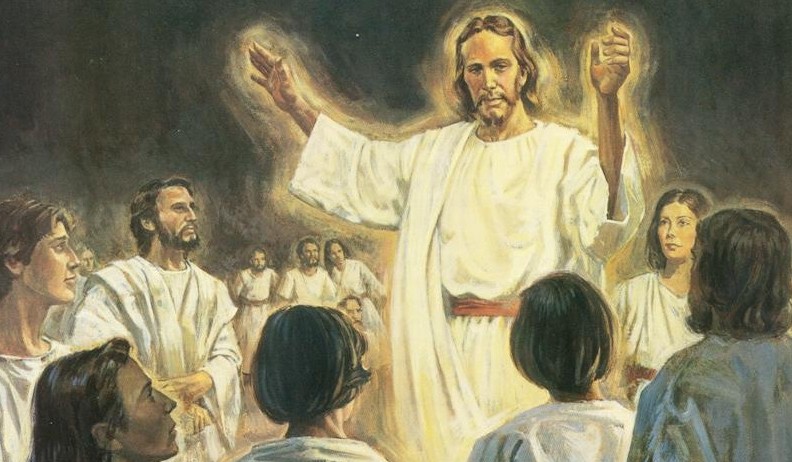Question
Gramps,
What happens to the spirit of someone who dies without believing in God?
Marcela
Answer
Marcela,
At the core of Latter-day Saint theology is the Plan of Salvation, which outlines the purpose of life and the path to eternal life. This plan includes several key components: pre-mortal existence, mortal life, and the afterlife. According to Church doctrine, all individuals lived with God before coming to Earth, where they were allowed to choose between good and evil.
The Plan of Salvation emphasizes that Jesus Christ is central to humanity’s redemption. His Atonement allows individuals to repent and be forgiven of their sins, thus enabling them to return to live with God. The Church teaches that everyone will have the opportunity to accept Christ, even those who did not have the chance during their mortal lives. This belief is rooted in the understanding that God is both just and merciful, ensuring that all His children have the opportunity to learn about and accept the gospel of Jesus Christ after death.
One of the most comforting aspects of Latter-day Saint doctrine is the belief in a post-mortal existence where individuals can continue to learn and grow. According to the Doctrine and Covenants, there is a period between death and judgment where the spirits of the deceased can receive the gospel. This is often referred to as the “spirit world,” where individuals can accept or reject the teachings of Christ.
In this spirit world, those who did not have the opportunity to learn about Christ during their mortal lives will be taught the gospel. The Church teaches that missionary work continues in the afterlife, allowing individuals to make informed choices regarding their eternal destiny. This doctrine is supported by the teachings found in Doctrine and Covenants 138, which describes how Christ visited the spirit world to preach to the dead, including those who were disobedient in their mortal lives.
The Church of Jesus Christ of Latter-day Saints teaches that there are different degrees of glory in the afterlife, known as the three kingdoms: the Celestial, Terrestrial, and Telestial kingdoms. Each kingdom represents a different level of glory and is reserved for individuals based on their choices and acceptance of the gospel.
Celestial Kingdom This is the highest degree of glory, reserved for those who have accepted the gospel of Jesus Christ, repented of their sins, and lived according to His teachings. Those who attain this kingdom will dwell in the presence of God and Jesus Christ.
Terrestrial Kingdom This kingdom is for honorable individuals who did not accept the gospel of Christ in mortality but lived good lives. They will receive a degree of glory but will not dwell in the presence of God.
Telestial Kingdom This is the lowest degree of glory, reserved for those who did not repent of their sins and rejected the gospel. While they will receive a degree of glory, it will be far less than that of the other two kingdoms.
The teachings of the Church emphasize that even those who do not attain the Celestial Kingdom can still experience a form of salvation and glory, reflecting God’s love and mercy for all His children.
A fundamental principle in Latter-day Saint theology is the concept of agency, or the ability to choose. The Church teaches that God has given each individual the freedom to make choices, including the choice to accept or reject Him. This agency is crucial in understanding the nature of salvation and the afterlife.
The doctrine emphasizes that while God desires all His children to return to Him, He will not force anyone to accept His teachings. Instead, individuals must choose to follow Christ and accept His Atonement. This principle is illustrated in the story of the Prodigal Son, where the son chooses to leave but ultimately returns to his father, who welcomes him with open arms.
For those who have strayed from their faith or have not accepted Christ, the Church teaches that there is always hope. The stories of individuals who have experienced a change of heart, such as Alma the Younger in the Book of Mormon or Saul, who became Paul in the New Testament, serve as powerful reminders that redemption is possible.
The Church encourages members to have faith that even those who seem lost can find their way back to Christ, whether in this life or the next. This belief is rooted in the understanding that God’s love is infinite and that He desires all His children to return to Him.
Gramps







